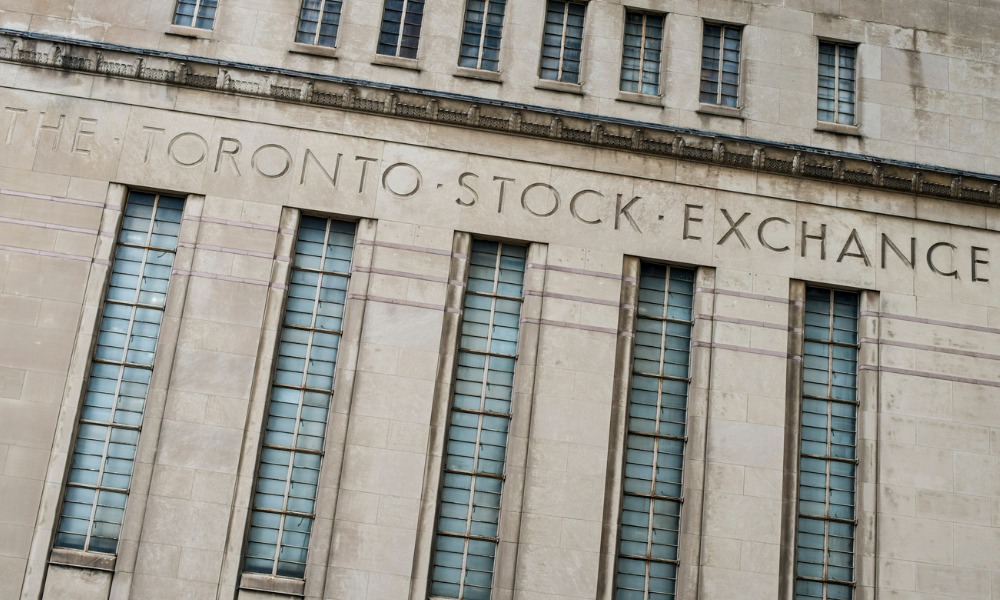China's reopening and less hawkish central bank highlighted as main factors

The major stock index in Canada will continue to rise this year and reach a new high in 2024 as commodity demand is boosted by China's reopening and the Bank of Canada adopts a less hawkish stance, according to a Reuters poll. Nevertheless, the upswing will be smaller than initially anticipated.
The S&P/TSX Composite Index was predicted to increase by 6.2% to 21,500 by the end of 2023, according to the median forecast made by 21 portfolio managers and strategists in a Reuters survey conducted from February 10–21. This is down from the forecast of 22,000 made in the last poll in November.
By mid-2024, it is predicted to rise to 22,500, surpassing the previous record closing high of 22,087.22 achieved in March, but falling short of the prediction of 23,000 made in November. Despite recent losses, the TSX index is still up 4.5% since 2023 began.
Brandon Michael, senior investment analyst at ABC Funds, said, "Equity markets have exhibited remarkable resilience, climbing a wall of worry toward higher common stock prices. The main drivers toward higher stock prices include decelerating inflation, central banks easing up on their monetary policy tightening efforts and improving investor risk appetite."
One of the first major central banks to hint at a break in its tightening drive was the Bank of Canada last month, which said it will take time to determine how successfully raising interest rates has been in taming inflation. After reaching a record of 8.1% in June, Canada's annual rate of inflation decreased to 5.9% in January, according to figures released on Tuesday.
"My expectations for this year are founded on an expectation that a reopening in China should see its demand for materials rebound, boosting commodity prices and resource stocks," said Colin Cieszynski, chief market strategist at SIA Wealth Management.
Around 30% of the market weight in Toronto is made up of the materials and energy industries together. After China's economy was reopened and its zero-COVID policy was abandoned in December, oil has increased by 9%. The likelihood of a correction during the next three months was, however, rated as high or very high by eight of the 12 analysts who responded to a second question.
Following the rise in U.S. Treasury rates, Canada's 5-year yield has increased by nearly 80 basis points since mid-January, reaching 3.59%.
"We expect a correction in the near term as the year-to-date rally in global equities has been disconnected from a realization, better reflected in fixed income markets, that (interest) rates will need to stay higher for longer," said Chhad Aul, chief investment officer and head of multi-asset solutions at SLGI Asset Management Inc.



